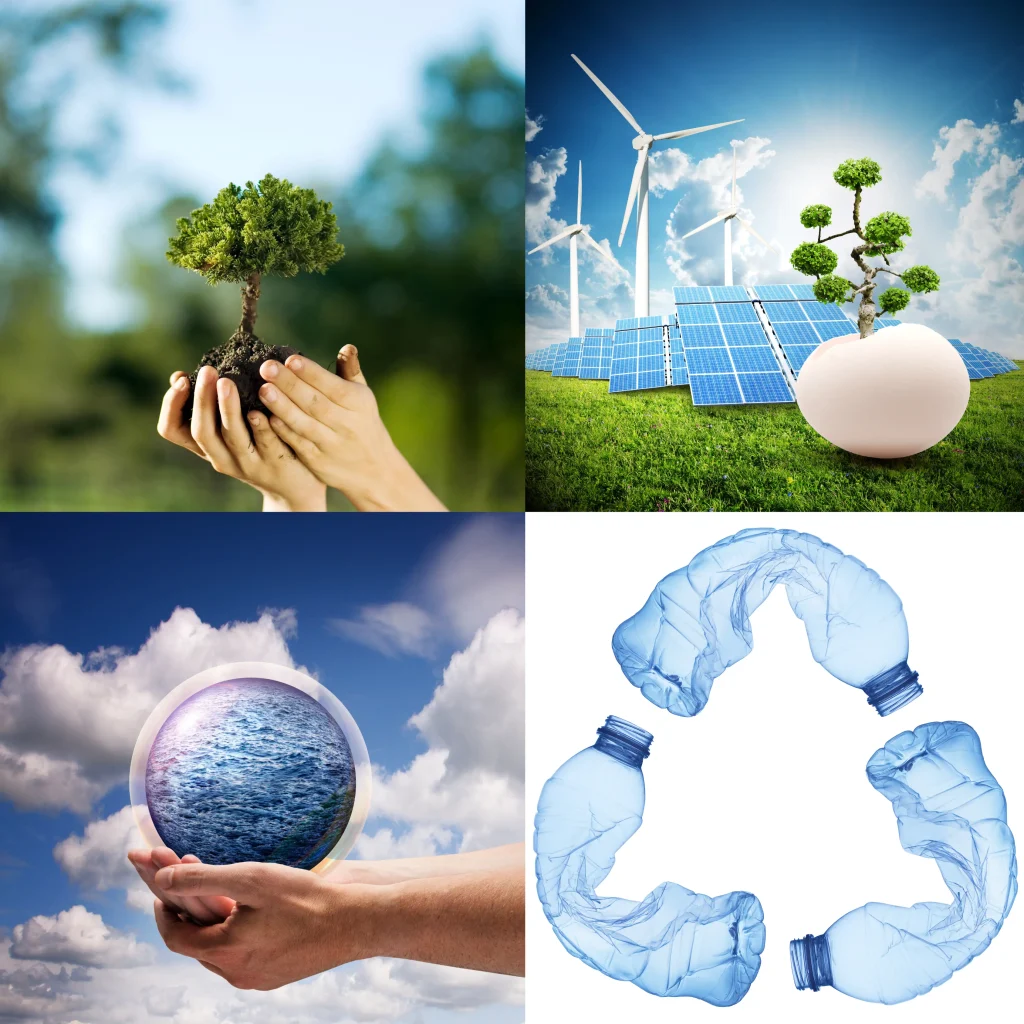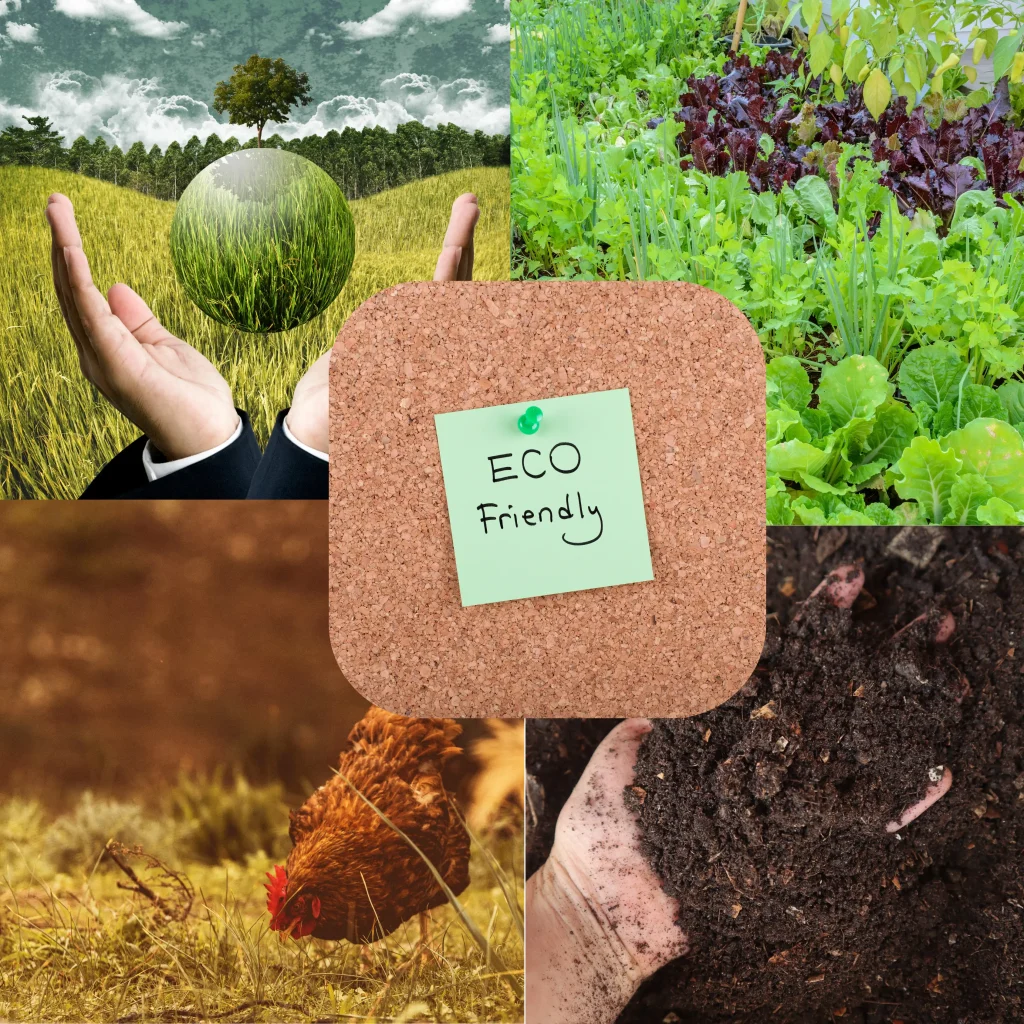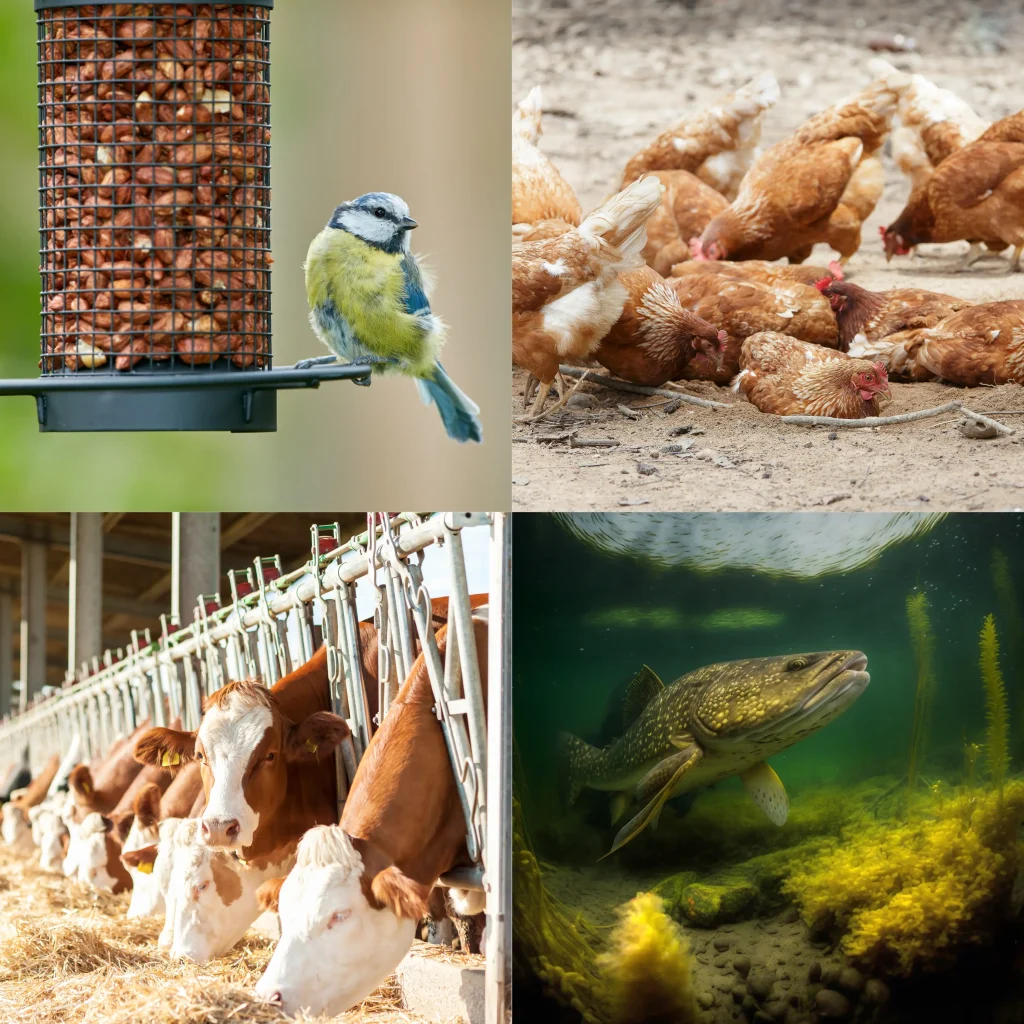
Why Environment and Sustainable Development?
Environmental sustainability is essential for the well-being of current and future generations. With the increasing challenges posed by climate change, deforestation, pollution, and loss of biodiversity, urgent action is needed to protect our planet. At Ajab’s Welfare Foundation, we recognize the importance of preserving natural resources and promoting sustainable practices to ensure a balanced ecosystem. Our mission is to foster a harmonious relationship between humanity and nature by encouraging responsible actions that support long-term environmental health.
What We Do?
We offer a range of initiatives under our Environment program designed to Sustainable Developmenwith the tools and confidence they need to succeed:
Afforestation and Reforestation Programs
We organize tree plantation drives to combat deforestation and restore green cover. These initiatives not only enhance biodiversity but also improve air quality and mitigate the effects of climate change.
Renewable Energy Promotion
We advocate for clean energy solutions such as solar and wind power. By educating communities about renewable energy, we aim to reduce dependence on fossil fuels and promote energy efficiency.
Water Conservation Efforts
Our water sustainability programs focus on rainwater harvesting, restoring natural water bodies, and promoting efficient water usage in agriculture and households.
Waste Management and Recycling
We conduct workshops to educate communities about waste segregation, recycling, and composting. By reducing landfill waste, we contribute to a cleaner and healthier environment.
Awareness Campaigns
Through campaigns and workshops, we raise awareness about pressing environmental issues like plastic pollution, climate change, and sustainable living practices.
Sustainable Agriculture
We promote eco-friendly farming techniques, such as organic farming and crop rotation, to reduce the environmental impact of agriculture and enhance soil health.
Biodiversity Conservation
We work towards protecting endangered species and their habitats by collaborating with local communities and wildlife organizations to ensure sustainable coexistence.
Sustainable Urban Development
Our foundation advocates for sustainable city planning, focusing on green infrastructure, energy-efficient buildings, and eco-friendly transportation systems.
Our Interventions




Impact
Increased Green Cover
Our afforestation efforts have resulted in the planting of thousands of trees, contributing to carbon sequestration, improved air quality, and habitat restoration for wildlife.
Cleaner Communities
Through waste management initiatives, we have helped communities adopt better practices, leading to reduced littering, improved sanitation, and healthier living environments.
Water Security
Our water conservation projects have enhanced water availability in drought-prone areas, benefiting agriculture and local communities while fostering sustainable water usage.
Reduction in Carbon Footprint
By promoting renewable energy and energy-efficient practices, we have supported households and businesses in reducing their carbon emissions, contributing to climate change mitigation.
Empowered Communities
Environmental awareness campaigns have empowered individuals and communities to adopt sustainable lifestyles, reducing their environmental impact and inspiring collective action.
Protection of Biodiversity
Our conservation programs have safeguarded critical habitats, ensuring the survival of endangered species and fostering biodiversity.
Sustainable Livelihoods
Initiatives like organic farming and eco-tourism have provided sustainable income opportunities for rural communities, reducing dependence on environmentally harmful practices.
Policy Influence
Our advocacy work has influenced policies that promote renewable energy, environmental protection, and sustainable urban development, driving systemic change at local and national levels.
Contact Us
- Location: A-104, Plot No. A-29-30, 1st Floor, Jaina House, Block-A,Dr. Mukherjee Nagar, Delhi-110009
- Phone: +91 8929994301
- Email: ajab22@gmail.com